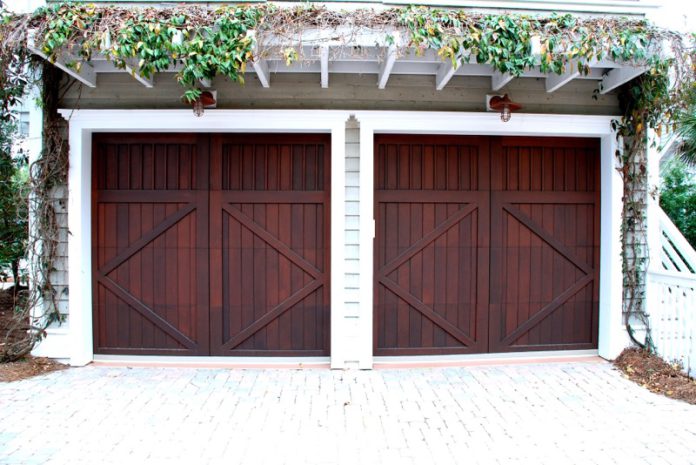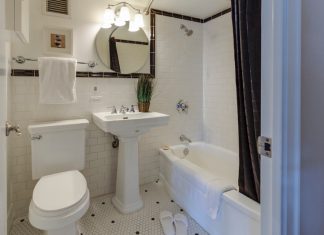Since your garage door takes up a large portion of your home’s exterior, it is one of the first things people notice whenever they pass by. So, it is essential to incorporate your garage door’s style and design into the house’s overall theme.
A garage door can increase curb appeal and home property value. So, as a garage door owner, you must ensure that it is in good condition — not only in terms of design but also in terms of mechanism. Therefore, you should have a garage door repair company that you can trust in case of different repairs. In case you don’t, you can go to an online directory to look up a garage door repair service nearby.
Damages in the garage door may pose risks and degrade your home’s exterior. If you are unsure when to replace it, then you have come to the right place. Here are the five signs you need to replace your garage door:
-
Old and Worn-Out Garage Door
On average, a garage door can last for about 30 years. However, its parts may fail sooner than this average lifespan. So, if your garage door has undergone many repairs, it is best to replace it with a new one.
A new garage door will prevent frequent and costly repairs. Moreover, it is a high-return investment that increases your property value, which could be advantageous for you if you plan to sell your house in the future.
-
Unrepairable Dents
Most garage door owners overlook the presence of garage door dents. Denting is one of the garage door signs for danger since they can affect the overall mechanism of the garage door.
For instance, the garage door would experience higher stress if there are dents on its sides. Since the dents hit the tracks, the garage door will exert more force to lift or lower the garage door. But, this could result in the early failure of the parts, especially the springs, since they exert more effort to move the garage door.
So, if your garage door has large dents, it is best to replace your garage door.
-
Unnecessary Noises
If your garage door operates with unnecessary noises, such as squeaking and screeching, try to lubricate the moving parts and hinges first with a silicone-based lubricant. That way, they will experience less friction that produces unnecessary noises. Moreover, you should also tighten the bolts and nuts to eliminate these noises.
But, if these two methods did not solve the problem, it is best to consider a new garage door. Your old door and its parts might be on the verge of failure, which is why they produce these unnecessary noises.
-
Increasing Energy Bills
Increasing energy bills is often associated with the garage door’s low insulation rating. Note that this is only true for an attached garage with an insulated garage door.
Since you open or close the garage door a few times each day, the insulation might not be efficient in containing the heat inside the garage. To solve this, change your garage door with a higher insulation rating.
-
Outdated Garage Door Features
As technology continues to develop, garage door features have also evolved to improve user experience. For instance, garage door openers now allow automatic operation through a remote device. Also, garage door sensors have an auto-reverse mechanism to prevent unwanted injuries and property damages when the garage door is moving.
Furthermore, garage door materials can now withstand rusting, warping, cracking, and other damages caused by extreme environmental conditions.
Thus, if you want to have up-to-date garage door features, it is best to invest in a new garage door system now.














